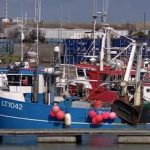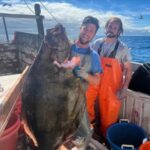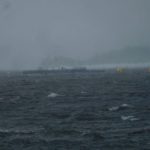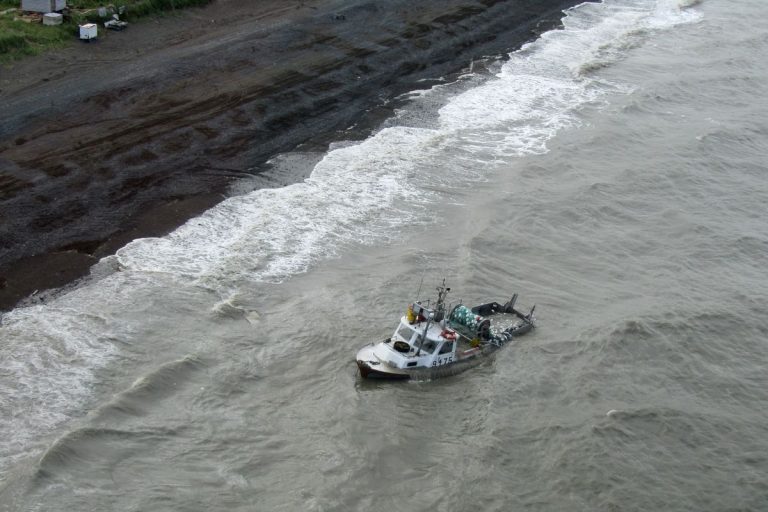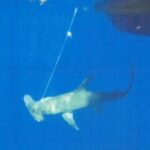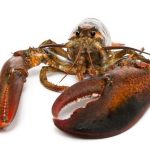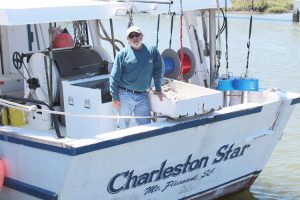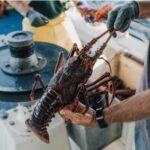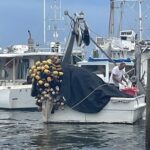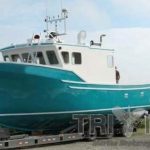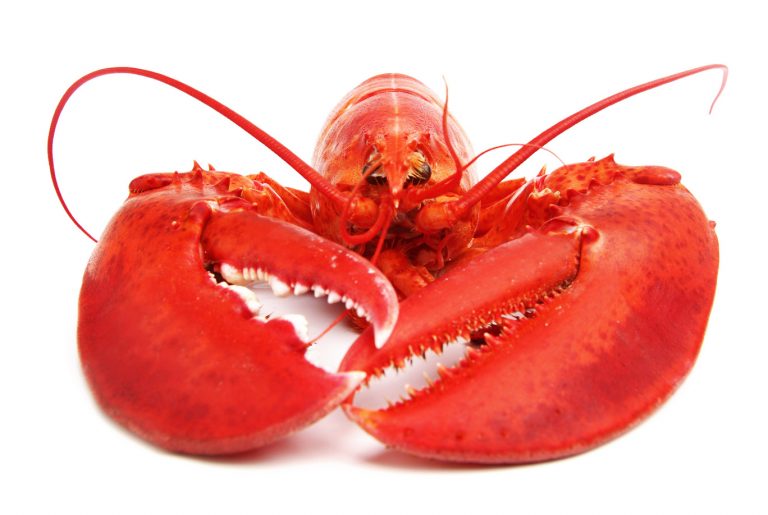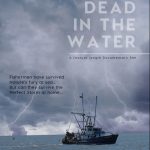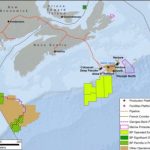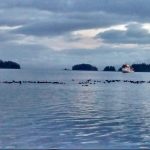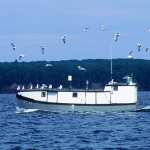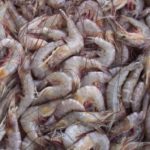Tag Archives: Institute for Marine and Antarctic Studies’
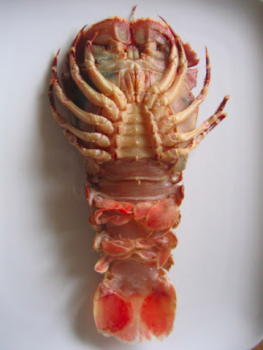
Bay lobster aquaculture developed in Tasmania
The Institute for Marine and Antarctic Studies (IMAS), under the University of Tasmania, has paved the way for the bay lobster (Thenus oriental) aquaculture industry in Tasmania, after developing a unique method to breed the resource commercially. Based at IMAS’s Taroona laboratories, the ARC Research Hub for Commercial Development of Rock Lobster Culture Systems began researching hatchery techniques for the resource, better known as Moreton Bay Bugs, in September 2017. The starting point for this project was the technique developed for the tropical rock lobster, of the Panulirus family. >click to read<15:24
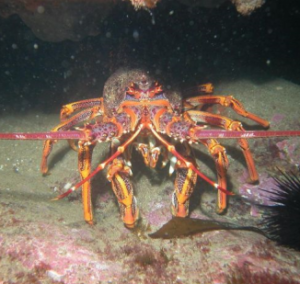
Rock lobster ‘resilience’ to climate change promising, but future not assured
The southern rock lobster is showing resistance to the effects of climate change, Tasmanian researchers have found, but warn that does not mean the species is immune to future environmental perils. The study, which reported on findings taken over a 25-year period, investigated the environmental aspects that influence the species’ settlement across a range of Australian locations, and found the fishery as a whole is showing broad resilience to changing ocean currents, water temperatures, swell and wind patterns. The research compared monthly records of the number of juvenile lobsters surviving in the open ocean and returning to shore. Institute for Marine and Antarctic Studies’ (IMAS) Professor Caleb Gardner said there were a number of factors found to affect the juvenile lobster populations, but those that were significant in one area were often completely different to those in another. click here to read the story 10:19

































